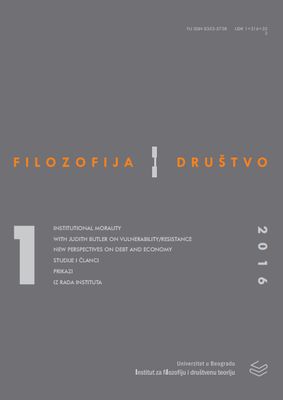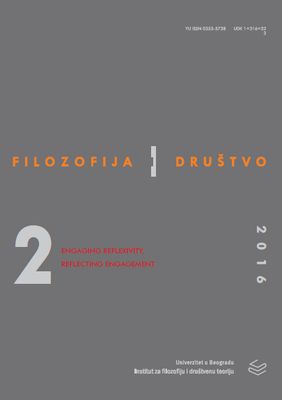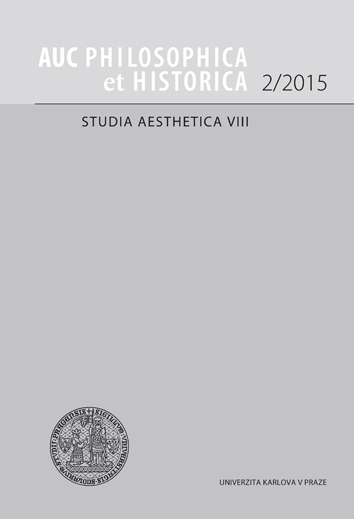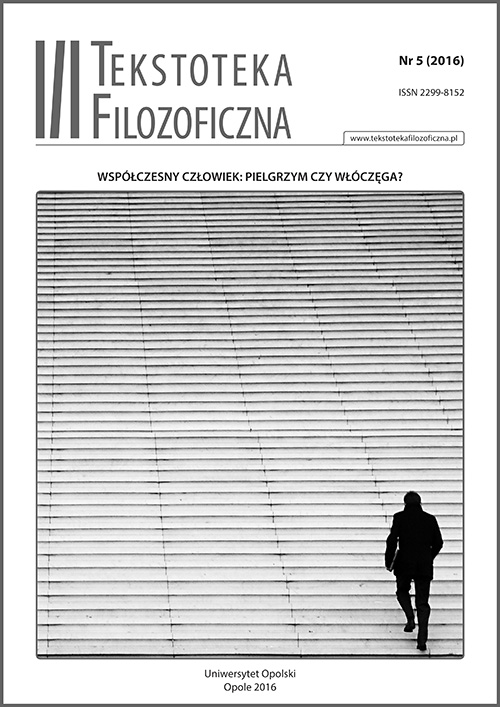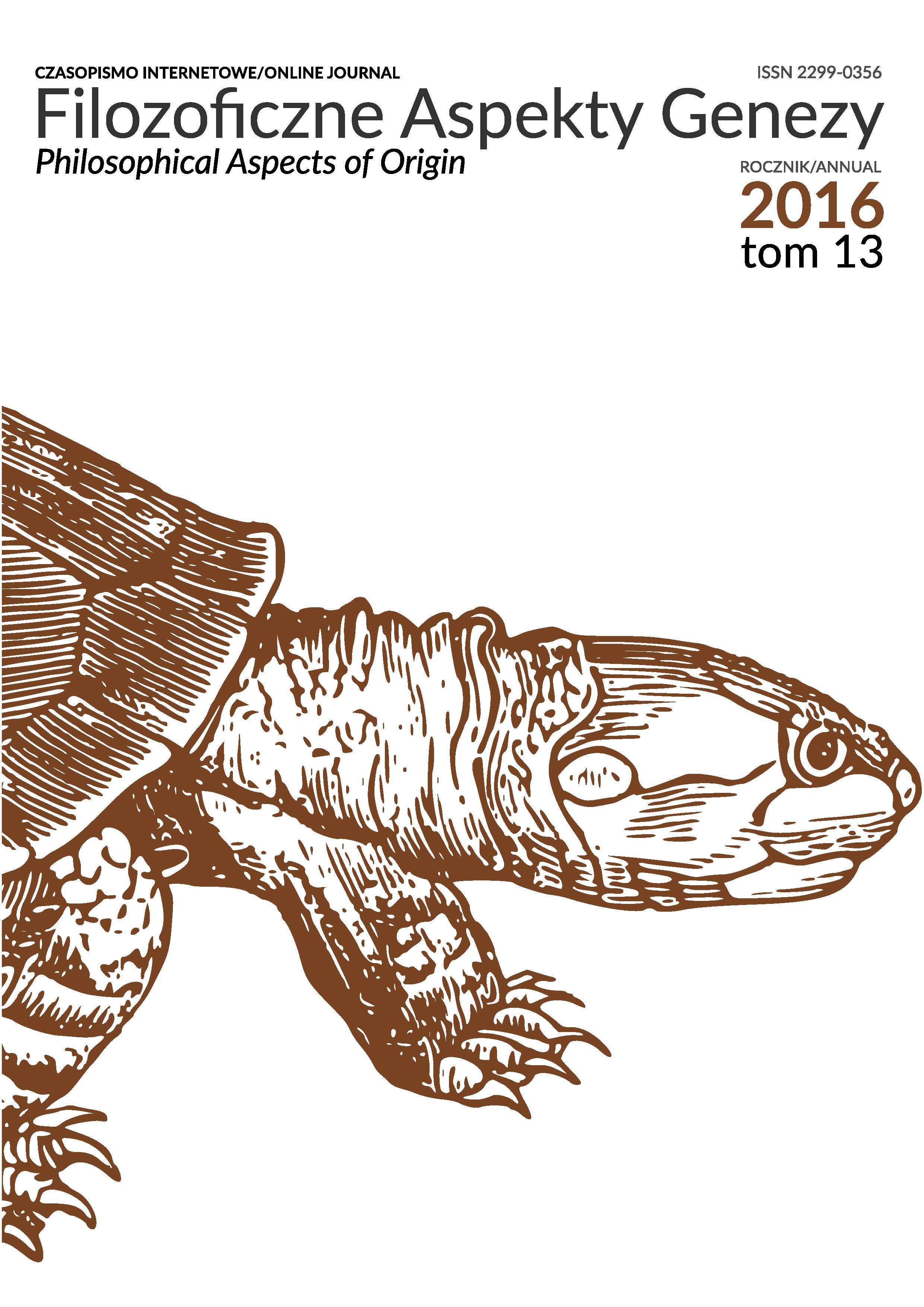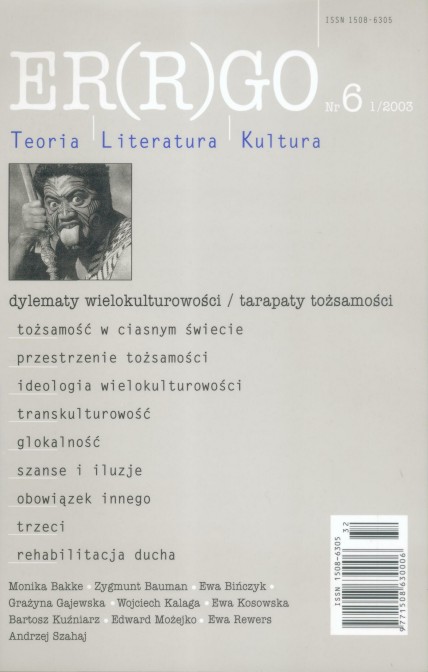
Obowiązek Innego. Trzeci
Any identity (an individual, a community, a nation) exists with an inherent debt towards the Other, since - as an identity - it constructs itself to a large extent through the difference from and of the Other. This ontological predicament inevitably involves an ethical question – the question of reciprocity: one's obligation is to repay the debt. That ethical question is frequently annulled through an essentialist construal of the concept of identity. If we reject or want to avoid essentialism, however, we have to recognize the obligation and find ways of fulfilling it: through obliterating clear-cut boundaries and construing identities as nebular densities rather than as reified objectivities and, consequently, through internalizing the difference and through accommodating the Other into the space of one's own identity. Yet, since reciprocity is of itself a symmetrical concept and must work both ways, the question of obligation must also be reversed: what are the obligations of the Other? Can the obligation to reciprocate be waived from the Other in certain circumstances? Or will it rather be an incapacitation of the Other through deprivation of responsibility? The problem becomes particularly acute in the circumstances of displacement: exile, emigration, or even hospitality. All these circumstances involve a misbalance of power, an interpenetration and a conflict of values, legitimisation of individual and communal expectations. In such a context, while keeping in mind the ethical aspect of obligation, one must also be aware of its political and axiological implications, especially when the problem of reciprocity is approached in terms of racial, ethnic and cultural difference. The objective of the essay is to explore those multifaceted aspects of the obligation of reciprocity and to place them in the context of post-Cartesian notions of subjectivity on the one hand, and of multiculturalism, on the other hand.
More...
